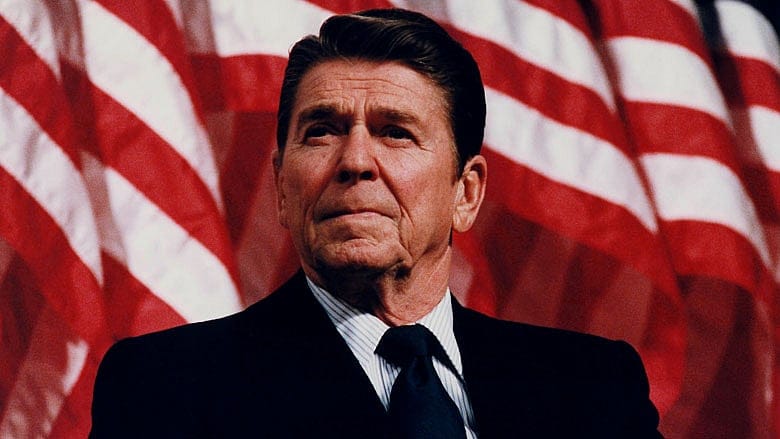Where is the inspiring statesman?

I miss Ronald Reagan. Even his harshest critics must admit that he had an unflagging belief in the general goodness of the average human being, a commitment to the American experiment and faith in the ability of most people to make decisions in their own best interests without undue meddling by officious busybodies.
Above all, Ronald Reagan — like a number of other truly great American political leaders from both sides of the aisle — had the ability to inspire Americans to see the best in themselves and their neighbors. We are stronger as a people, better as a country, when we can do so.

